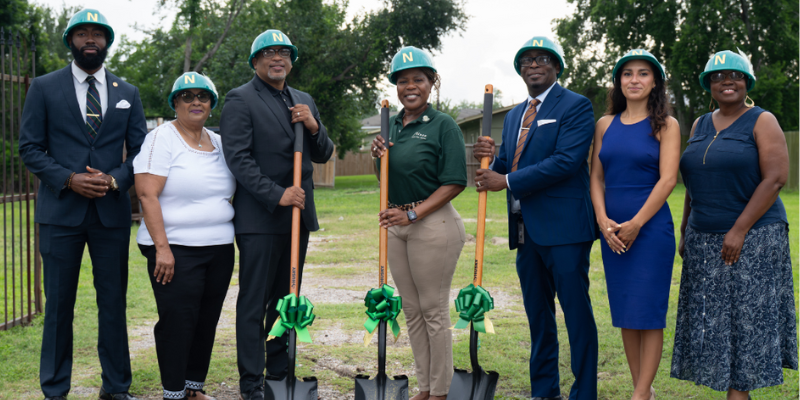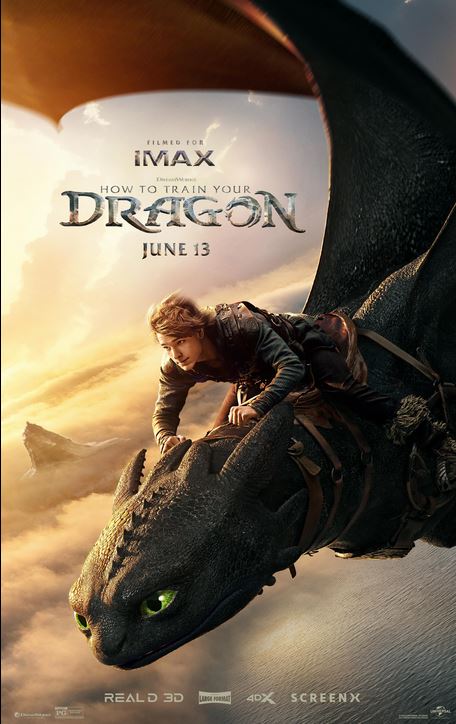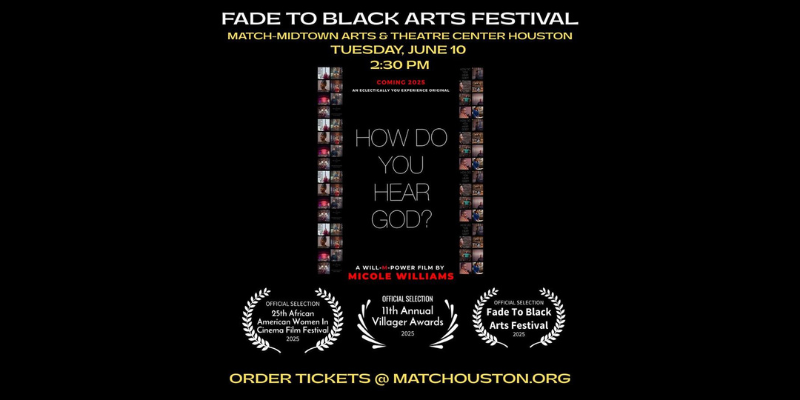Afropunk: From Subculture to Cultural Movement
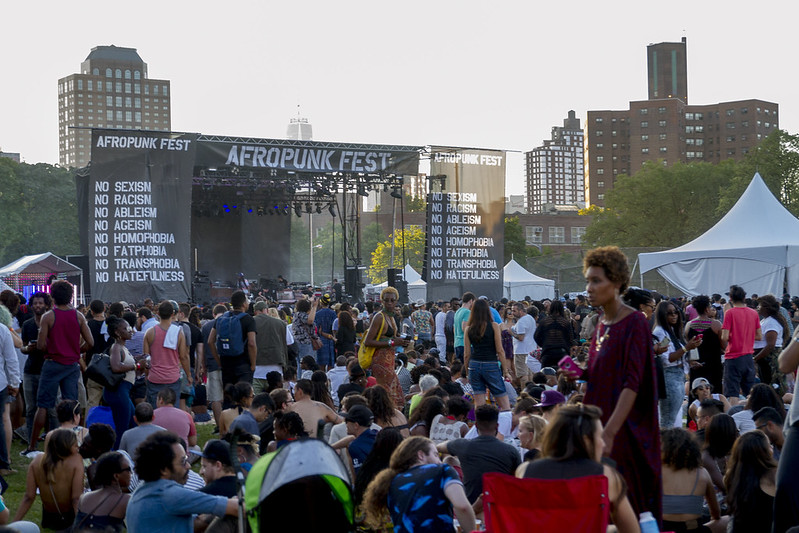

BY Marc “Furi” Newsome
What do you coin an event that represents a potent mix of black “punk” culture; the most cutting-edge rock, indie and soul acts in existence; and a mass of die-hard followers whose sheer force in numbers elevate their ranks from subculture to cultural movement? Aptly: Afropunk.
Afropunk Fest is a live music festival whose early roots can be traced back to New York’s Fort Green Park with an attendance of about 40 like-minded enthusiasts. Since its inception, it has grown to a diverse mix of alternative music and culture, boasting attendance in the tens of thousands. This growth was evident at the August 2015 festival in Brooklyn, New York that sold out to 60,000-plus attendees. Under the guidance of its current leadership, the festival has spread from one New York location in 2005 to landing across the globe in Paris, France a decade later.
One of the prevalent themes of punk culture is the DIY initiative of its fans. October 2015 would have marked the Afropunk Festival’s inaugural launch in Atlanta, Georgia however the festivities were cancelled due to inclement weather. Festival founder, Matthew Morgan released a statement citing safety and quality issues with a promise of an Afropunk Atlanta in 2016. In true DIY fashion many of the would-be attendees who flew in created a Facebook group titled “Afropunk Plan B” where the hashtag #afropunkplanb was utilized in social media to connect via impromptu meetups and pop up events. The events included art shows, performances, parties, and the “Plan B Market” where vendors combined their efforts to create a market to sell their wares. The very approachable Afropunk partners, Matthew Morgan and Jocelyn Cooper were available to meet and greet with fans at the free official events. These activities cultivated continued fellowship among fans beyond the weekend.
In the past, Afropunk has booked popular and alternative musical performers of the caliber of D’Angelo, Public Enemy, Santogold, Tyler the Creator, Saul Williams, as well as up and coming groups including Lion Babe lead by actress Vanessa Williams’ daughter, Jillian Harvey and Lolawolf lead by Zoe Kravitz, daughter of rock star, Lenny Kravitz. The stellar musical lineups of past festivals have included famous acts such as black punk rock legends, Bad Brains, to alternative soul siren Janelle Monae, to recent performances by Grace Jones, Lenny Kravitz, and Grammy award-winning folk rock singer and musician, Gary Clark, Jr.
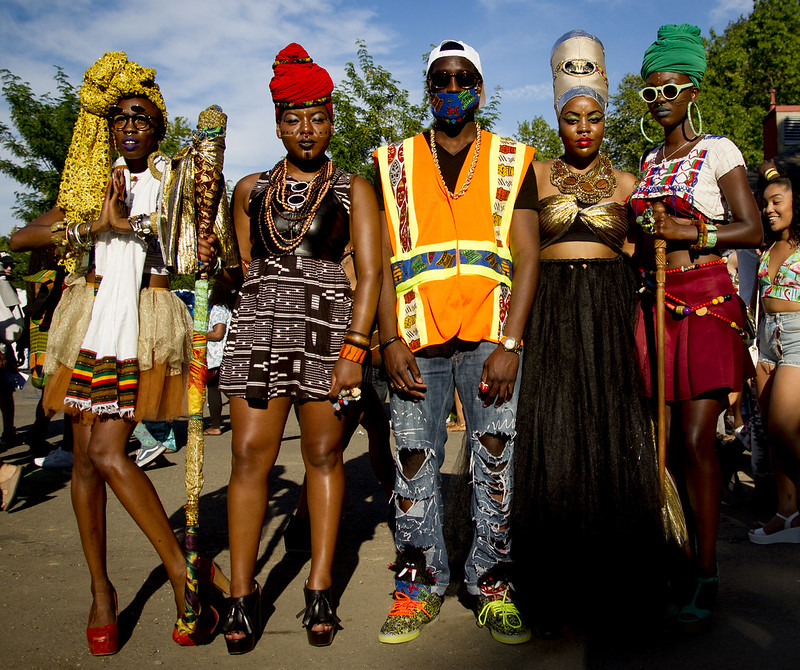
Many patrons find the Afropunk festivals a healthy alternative to the mainstream societal assumptions that black music interests lie solely in rap and R&B. In reality, black musical and cultural interests span the gamut of creativity, music, fashion, arts, and culture. In addition to the great musical lineups found at previous Afropunk festivals, of equal attraction are its patrons. Their fashions and looks are a swirl of nonconventional self expression exhibited via every natural hairstyle imaginable, combined with looks encompassing transcendent forms of African culture to hip hop to elements of futuristic aesthetic.
The Afropunk community’s origin stems from the 2003 documentary ‘Afro-punk’ created by founders James Spooner and Mathew Morgan. The documentary chronicled the perspectives of blacks who were part of the greater white-dominated punk rock music communities. Spooner and Morgan cultivated and grew the rock-enthused community via online message boards, then created black rock music events where participants could meet in person and listen to live music performed by members of that community. These events lead to the early days of the Afropunk festival at Brooklyn Academy of Music (BAM). Spooner has since moved on from the organization. In 2009 music industry veteran Jocelyn Cooper (who discovered and signed a 17-year-old D’Angelo in ‘93) partnered with Morgan to continue to expand the Afropunk brand, festival, and business.
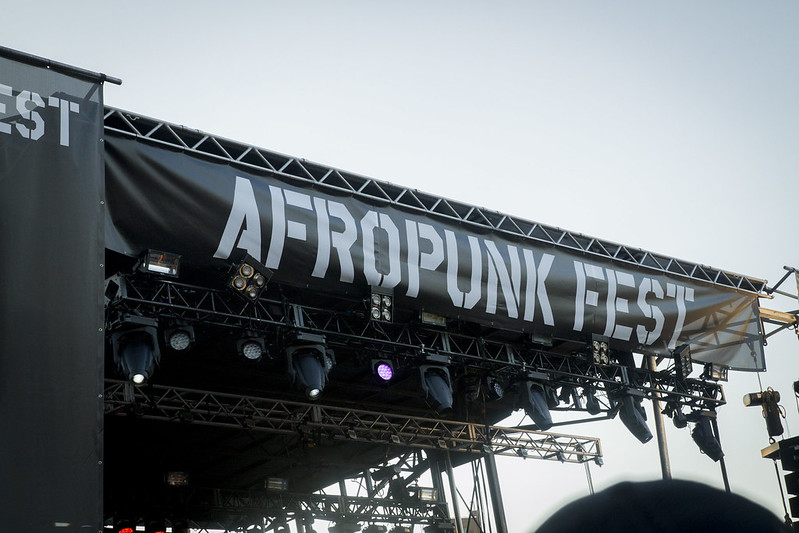
Of note is Afropunk’s pragmatic marketing approach emphasizing the inclusion of the underserved groups within the black community. Towering signage on either side of the main performance stage will include a list denouncing sexism, racism, homophobia, ‘transphobia’, and ‘fatphobia.’ To include those who can’t afford the new admission price – the event was previously free to the public for its first 10 years – festival goers are offered the opportunity to volunteer or do community outreach in exchange for admission to the two-day event.
No matter where it lands in the world, Afropunk Fest draws a crowd of like-minded attendees who relish free expression, art, cultural pride and uniqueness. For more information on Afropunk Fest, including tickets, music lineups and more, visit their website at afropunkfest.com.

